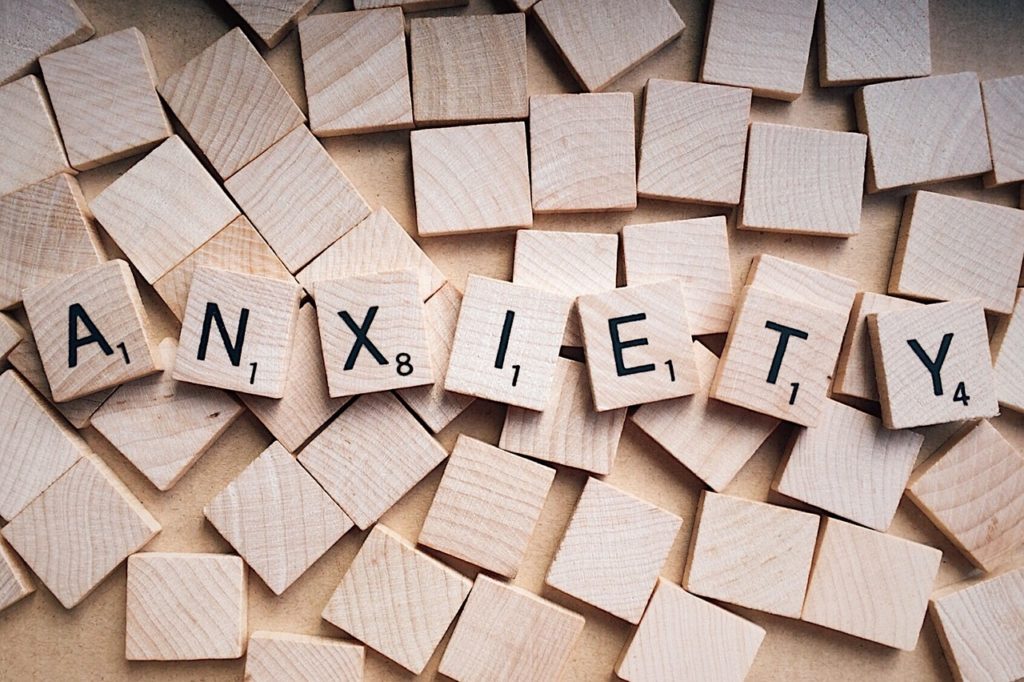The COVID-19 pandemic has been ongoing since early in 2020 throughout much of the world with little sign of the pandemic drawing to a close. The problem of anxiety has been a major one for the majority of people whether they are affected by this regularly or not. Among the biggest problems reported by Help Guide is that of the feeling of anxiety due to isolation and other problems associated with the fear of reopening the economy and communities. The majority of shelter in place orders were issued for much of the world in February and March meaning the opening of communities in July comes after almost four months of self-imposed isolation.
Identifying Feeling of Anxiety
The feeling of anxiety that is common among many people as COVID-19 has caused more health and wellbeing issues than those directly associated with the virus. Anxiety has become a major health problem with the mental health of almost every individual taking a toll as quarantine and self-isolation measures come into play.
Anxiety is a feeling of anxiousness caused by dangerous or unfamiliar situations, according to Anxiety.org. Although anxiety is a normal part of everyday life for most of the population it can be difficult to handle for many people who are struggling with various mental health disorders.
Handling the News
One of the biggest problems reported by Danbury Hospital is staying informed without becoming overwhelmed by fact and figures. The news online or on the TV has become more of a part of everyday life than ever before with 24-hour news cycles making it more difficult than ever to find the light at the end of the tunnel.
Among the ways of handling the constant stream of seemingly bad news related to the pandemic and the economy is by limiting access to this information. An excellent coping strategy is to choose a time of the day when you take in the news from a local or national provider and limit access to around 30 minutes to one hour. For those who are struggling with existing anxiety conditions, the problem of bad news can be debilitating. In these more extreme cases, a good idea could be to choose a trusted family member or friend who can pass on the most needed information about the pandemic in a caring and thoughtful way.
Know the Facts about COVID-19
The CDC explains one of the reasons the rise of COVID-19 is that it is a new virus with little information already gathered. Managing anxiety is a problem when there is so little information available, but following the guidelines already laid out can help everybody feel they are moving forward correctly.
Taking simple actions, such as wearing a face mask, washing hands for at least 20 seconds, and observing social distancing rules. By taking control of our health by following these guidelines we will have a greater sense of success and feeling of wellbeing can be obtained. The pandemic has caused these health regulations to become the new normal so embracing them will allow those with anxiety to feel they are doing the right things to keep themselves safe.
Seek Help in a Crisis
Perhaps the most important option for those who are looking to care for their mental health at a time of extreme anxiety is the sense that all is hopeless. When a person affected by anxiety, a crisis can quickly become apparent that should result in seeking help as quickly as possible from trained professionals. Knowing various assistance groups and helplines that can be contacted in the event of a personal crisis is vital to staying fit and healthy.
At times of global uncertainty because of the pandemic anxiety can affect people of all ages who should have their mental health closely monitored. Taking the time to care for our mental health should be high on our list of priorities at a time when many people are feeling isolated and alone.




